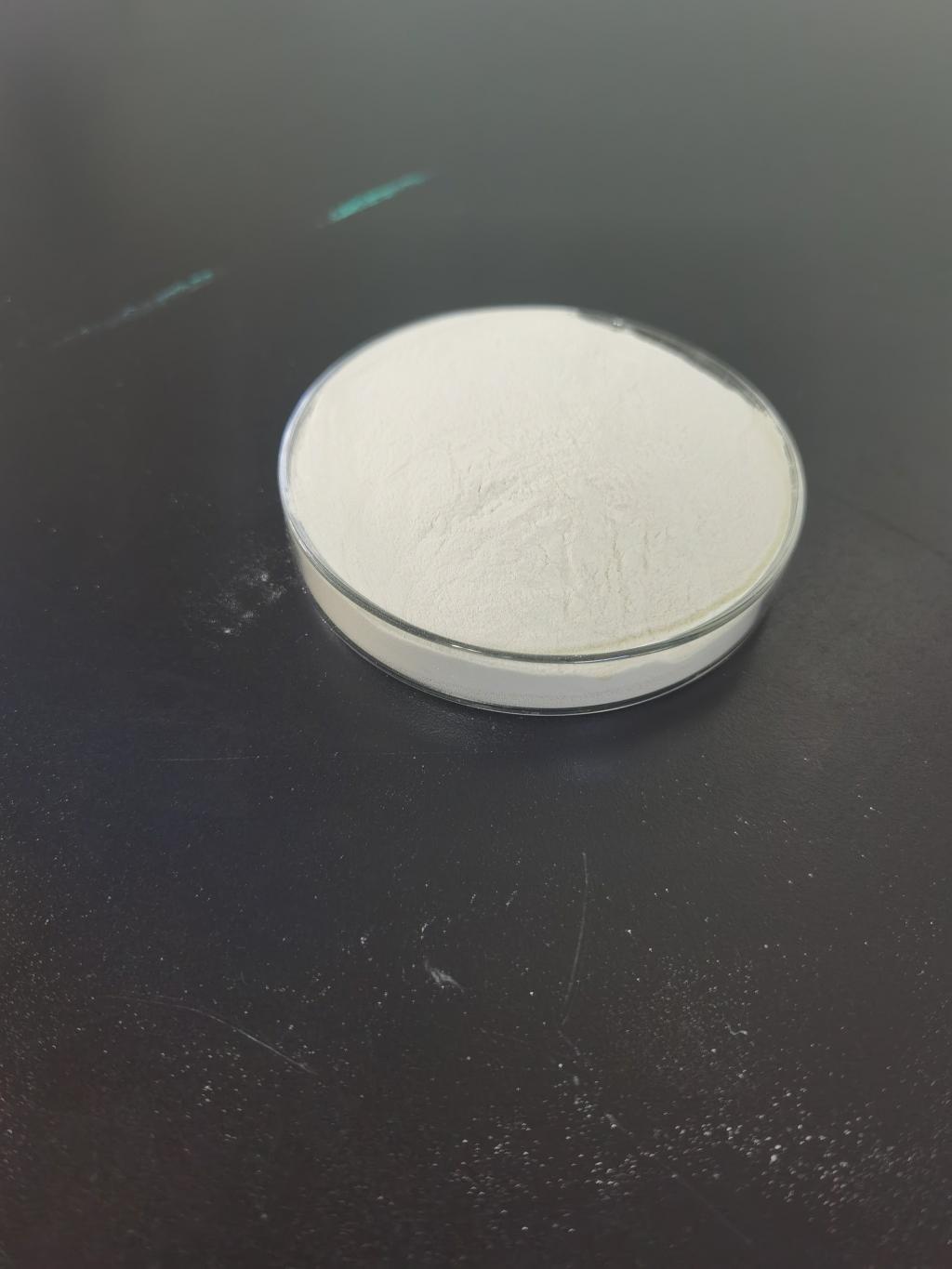Tel:+8618231198596

News
 CONTACT
CONTACT
 CONTACT
CONTACT
- Linkman:Linda Yao
- Tel: +8618231198596
- Email:linda.yao@dcpharma.cn
- Linkman:CHARLES.WANG
- Department:Overseas
- Tel: 0086 0311-85537378 0086 0311-85539701
News
Current Position:
Home >
News
>Nisin's role in reducing microbial contamination in food delivery services.
Nisin's role in reducing microbial contamination in food delivery services.
TIME:2024-06-07
Challenges in Food Delivery Services
Microbial Contamination:
During transportation and delivery, food items are susceptible to microbial contamination from various sources, including handling practices, packaging materials, and environmental factors.
Bacterial pathogens such as Listeria monocytogenes and Staphylococcus aureus pose significant risks to food safety, leading to foodborne illnesses and outbreaks.
Temperature Control:
Maintaining appropriate temperatures during food delivery is critical for preventing bacterial growth and ensuring the safety of perishable food items.
Temperature fluctuations during transit, particularly in the case of hot or cold foods, can compromise food quality and increase the risk of microbial contamination.
Cross-Contamination:
Cross-contamination between different food items, as well as between food and non-food items in delivery vehicles, presents additional challenges in ensuring food safety.
Inadequate cleaning and sanitation practices in delivery vehicles and storage facilities can exacerbate the risk of cross-contamination.
Antimicrobial Properties of Nisin
Bactericidal Activity:
Nisin exhibits potent bactericidal activity against a wide range of Gram-positive bacteria, including foodborne pathogens commonly associated with food contamination.
Its mechanism of action involves disrupting bacterial cell membrane integrity, leading to leakage of intracellular contents and eventual cell death.
Spore Inhibition:
Nisin's efficacy extends to spore-forming bacteria, making it effective in preventing the growth of bacterial spores that may contaminate food during delivery.
Its ability to inhibit spore germination and outgrowth enhances its utility in controlling microbial contamination in a variety of food products.
Natural Origin and Safety:
Nisin is a natural antimicrobial peptide produced by certain strains of lactic acid bacteria, making it a safe and environmentally friendly alternative to synthetic preservatives.
Its long history of safe use in food preservation and broad regulatory approval support its suitability for use in food delivery services.
Applications in Food Delivery
Packaging Materials:
Incorporating nisin into food packaging materials, such as films, wraps, and containers, provides a passive barrier against microbial contamination during transit.
Nisin-containing packaging materials release the antimicrobial peptide gradually, providing continuous protection against bacterial growth without affecting food quality.
Surface Sanitization:
Nisin-based sanitizing solutions can be used to clean and disinfect delivery vehicles, storage containers, and food preparation surfaces to reduce microbial contamination.
Routine sanitation protocols incorporating nisin help mitigate the risk of cross-contamination and ensure the safety of delivered food items.
Incorporation into Food Products:
Food items can be treated with nisin-containing solutions or coatings prior to packaging to inhibit microbial growth and extend shelf-life during delivery.
Nisin-treated food products maintain freshness and quality throughout transit, reducing the likelihood of spoilage and foodborne illness.
Regulatory Considerations
Regulatory Approval:
Nisin is approved for use as a food additive and preservative by regulatory agencies such as the U.S. Food and Drug Administration (FDA) and the European Food Safety Authority (EFSA).
Its safety profile and regulatory approval support its use in food delivery services to enhance food safety and quality.
Labeling Requirements:
Food delivery services utilizing nisin-treated packaging materials or food products may be subject to labeling requirements to inform consumers of the presence of nisin and its purpose.
Clear labeling helps consumers make informed decisions about food safety and allergen management.
Sustainability and Consumer Confidence
Reduced Food Waste:
By preventing microbial contamination and extending the shelf-life of delivered food items, nisin contributes to reducing food waste throughout the supply chain.
Enhanced food safety and quality minimize the need for premature disposal of spoiled or expired food products, promoting sustainability and economic efficiency.
Consumer Confidence:
Transparent communication about the use of nisin in food delivery services fosters consumer confidence in the safety and quality of delivered food items.
Assurance of stringent food safety measures, including the use of natural antimicrobial agents like nisin, enhances consumer trust and loyalty to food delivery providers.
Future Directions and Challenges
Optimization of Delivery Protocols:
Further research is needed to optimize delivery protocols and sanitation practices to maximize the effectiveness of nisin in reducing microbial contamination.
Strategies for temperature control, packaging design, and delivery vehicle sanitation should be tailored to specific food products and delivery environments.
Consumer Education:
Education campaigns aimed at consumers and food delivery personnel are essential to raise awareness about the importance of food safety during delivery and the role of nisin in microbial control.
Providing information on proper handling, storage, and disposal of delivered food items helps minimize the risk of contamination and foodborne illness.
Training programs for delivery personnel on hygiene practices, sanitation protocols, and temperature management ensure compliance with food safety standards and regulations.
Technological Innovations:
Ongoing technological advancements in packaging materials, antimicrobial formulations, and delivery logistics offer opportunities to enhance the efficacy and efficiency of nisin-based microbial control in food delivery services.
Integration of smart packaging technologies, such as temperature sensors and antimicrobial indicators, enables real-time monitoring of food quality and safety during transit.
Regulatory Compliance:
Food delivery services must adhere to regulatory requirements and industry standards for food safety, sanitation, and hygiene.
Compliance with regulations governing the use of nisin as a food additive and preservative ensures consumer safety and prevents potential regulatory issues.
Conclusion
Nisin emerges as a valuable tool for enhancing food safety in delivery services, offering effective microbial control without compromising food quality or safety. Its natural origin, broad-spectrum antimicrobial activity, and regulatory approval make it an attractive option for controlling microbial contamination in various food products during transit. By incorporating nisin into packaging materials, sanitation protocols, and food treatment processes, delivery services can minimize the risk of microbial contamination, reduce food waste, and ensure the safety and satisfaction of consumers. Continued research, innovation, and collaboration among stakeholders are essential to optimize the use of nisin and other natural antimicrobial agents in food delivery services, promoting public health and confidence in the safety of delivered food items.
- Tel:+8618231198596
- Whatsapp:18231198596
- Chat With Skype







